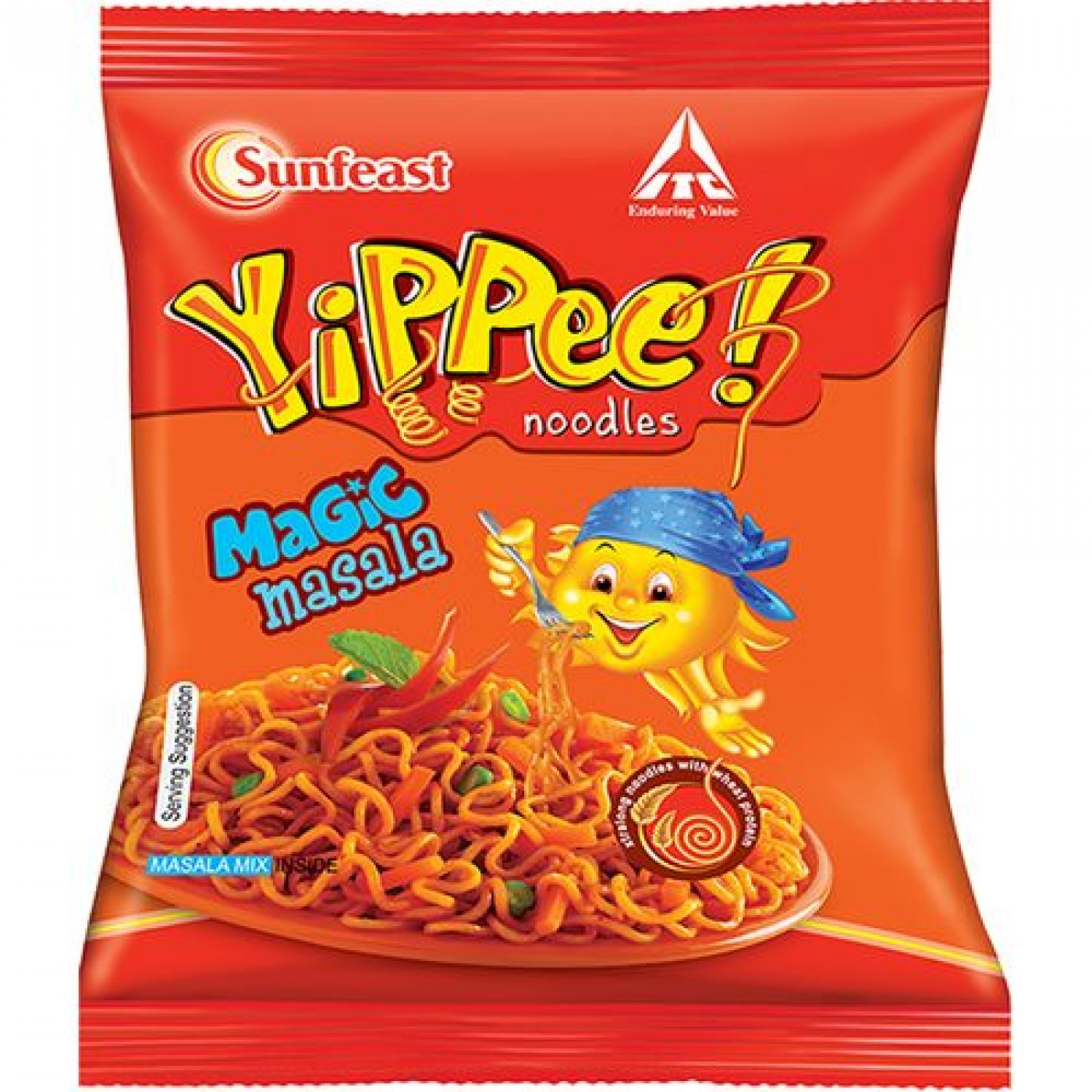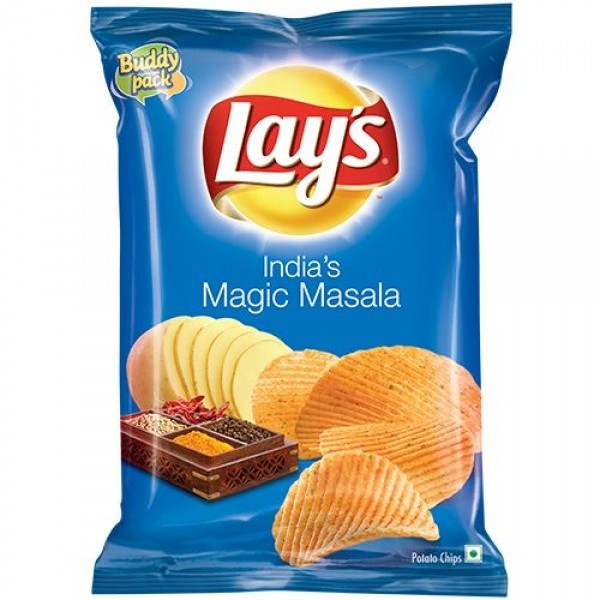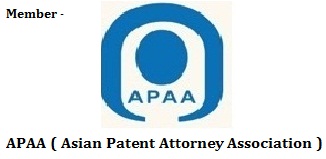Yippee vs. Maggi – A 7 year Trademark battle finally comes to an end
BY SIDDHARTH SONI


The Madras High Court has finally concluded the battle between two Fast Moving Consumer Goods (FMCG) manufacturers Nestle India Limited and ITC Limited over the use of the expression ‘Magical Masala’ in the former’s Maggi brand of instant noodles. The facts of the dispute are as follows:
Yippee had been using the expression of ‘MAGIC MASALA’ over its instant pack of noodles since the year 2010. However, in the present case, Nestle had pre-empted such a move by using ‘Magical Masala’ in Maggi in 2013 itself. The Hon’ble Court has held that “such adoption of the expression cannot be said to be mala fide. It was a legitimate adoption by the defendant as no person can appropriate common and laudatory words. Laudatory epithet cannot be given monopoly or protection,”. The court also pointed out that the words Magic and Masala were used widely by many in the FMCG industry.
Though Sunfeast was the first to use the expression ‘Magic Masala’ for instant noodles, Pepsico had been using the same expression for its Lay’s brand of chips even before 2010, the judge pointed out. He also said that the Annual Reports of ITC Limited clearly show that it had not conceived the expression, under contention, either as a brand or sub-brand.

Further, after comparing the wrappers of Sunfeast Yippee Noodles Magic Masala and Maggi Xtra delicious Magical Masala, the judge found them to be completely distinctive without any scope for confusion between them. Hence, the charge levelled against Nestle of misrepresentation and misleading the consumers stands disproved, he ruled.
Disclaimer: The views and opinions expressed in this article are those of the authors and do not necessarily reflect the official policy or position of any agency of the Indian government. Examples of analysis performed within this article are only examples. They should not be utilized in real-world analytic products as they are based only on very limited and dated open source information. Assumptions made within the analysis are not reflective of the position of any Indian government State.
The author is a 2nd-year law student at Symbiosis Law School, Pune.


